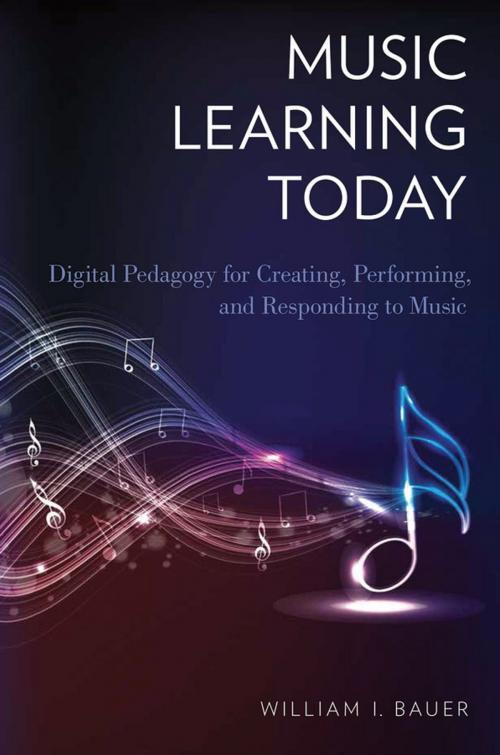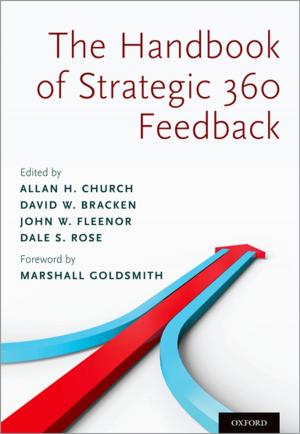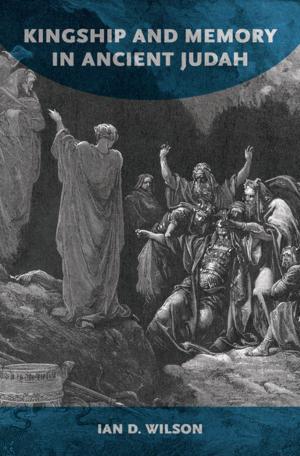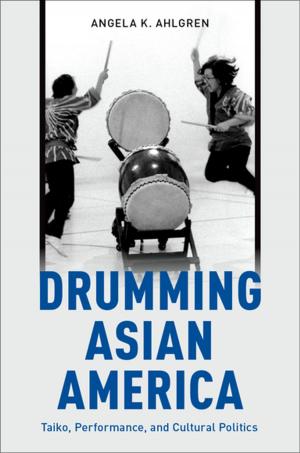Music Learning Today
Digital Pedagogy for Creating, Performing, and Responding to Music
Nonfiction, Entertainment, Music, Instruments & Instruction, Instruction & Study, Theory & Criticism| Author: | William I. Bauer | ISBN: | 9780199371204 |
| Publisher: | Oxford University Press | Publication: | February 25, 2014 |
| Imprint: | Oxford University Press | Language: | English |
| Author: | William I. Bauer |
| ISBN: | 9780199371204 |
| Publisher: | Oxford University Press |
| Publication: | February 25, 2014 |
| Imprint: | Oxford University Press |
| Language: | English |
Music Learning Today: Digital Pedagogy for Creating, Performing, and Responding to Music presents an approach to conceptualizing and utilizing technology as a tool for music learning. Designed for use by pre- and in-service music teachers, it provides the essential understandings required to become an adaptive expert with music technology, creating and implementing lessons, units, and curriculum that take advantage of technological affordances to assist students in developing their musicianship. Author William I. Bauer makes connections among music knowledge and skill outcomes, the research on human cognition and music learning, best practices in music pedagogy, and technology. His essential premise is that music educators and students benefit through use of technology as a tool to support learning in the three musical processes - creating, performing, and responding to music. The philosophical and theoretical rationales, along with the practical information discussed in the book, are applicable to all experience levels. However, the technological applications described are focused at a beginning to intermediate level, relevant to both pre-service and in-service music educators and their students.
Music Learning Today: Digital Pedagogy for Creating, Performing, and Responding to Music presents an approach to conceptualizing and utilizing technology as a tool for music learning. Designed for use by pre- and in-service music teachers, it provides the essential understandings required to become an adaptive expert with music technology, creating and implementing lessons, units, and curriculum that take advantage of technological affordances to assist students in developing their musicianship. Author William I. Bauer makes connections among music knowledge and skill outcomes, the research on human cognition and music learning, best practices in music pedagogy, and technology. His essential premise is that music educators and students benefit through use of technology as a tool to support learning in the three musical processes - creating, performing, and responding to music. The philosophical and theoretical rationales, along with the practical information discussed in the book, are applicable to all experience levels. However, the technological applications described are focused at a beginning to intermediate level, relevant to both pre-service and in-service music educators and their students.















